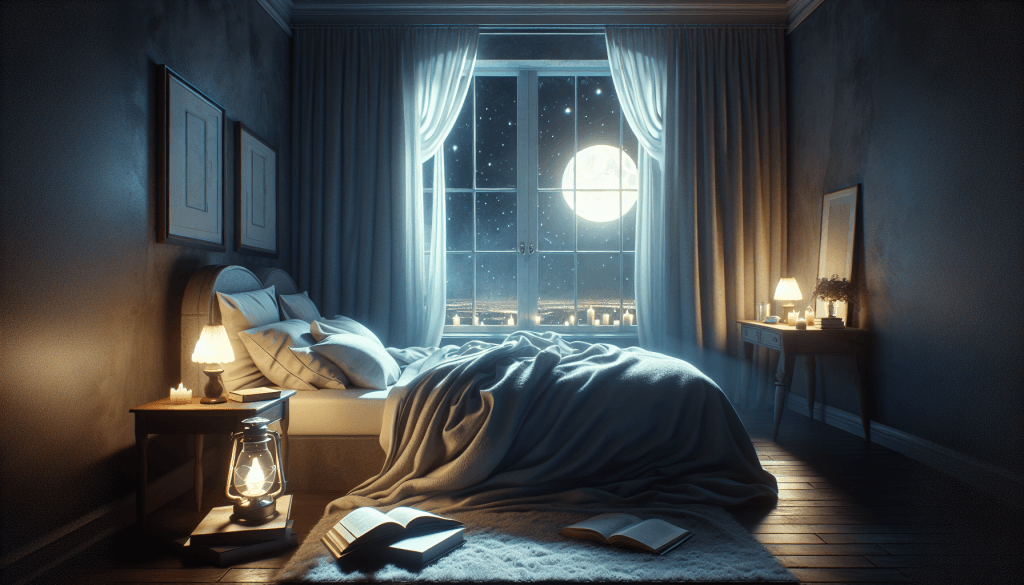How Can A Tech-Free Bedtime Routine Improve Sleep?
A tech-free bedtime routine can significantly improve your sleep by reducing distractions, calming your mind, and allowing your body to naturally prepare for rest. In today’s fast-paced, screen-filled world, it’s easy to forget how much technology impacts our ability to unwind. But don’t worry—this post will guide you through why ditching screens before bed is a game-changer and how you can create a peaceful, tech-free sanctuary for better sleep.
Key Takeaways
- Sleep is vital for your physical and mental health, but technology often disrupts it.
- Blue light from screens suppresses melatonin, making it harder to fall asleep.
- A tech-free bedtime routine can improve sleep quality, reduce stress, and help you wake up refreshed.
- Simple changes, like reading a book or meditating, can make a big difference.
Introduction to Tech-Free Bedtime Routines
Importance of Sleep for Overall Health
Sleep isn’t just a luxury—it’s a necessity. It’s when your body repairs itself, your brain processes memories, and your immune system gets a boost. Without enough sleep, you might feel groggy, irritable, or even struggle to focus. Over time, poor sleep can lead to serious health problems like heart disease, obesity, and depression.
But here’s the kicker: even if you’re in bed for eight hours, the quality of your sleep matters just as much as the quantity. That’s where a tech-free bedtime routine comes in.
The Role of Technology in Sleep Disruption
Think about it—how often do you scroll through your phone or binge-watch a show right before bed? It might feel relaxing, but it’s actually doing the opposite. The blue light from screens tricks your brain into thinking it’s daytime, delaying the release of melatonin, the hormone that helps you sleep.
Plus, the constant notifications and endless content can overstimulate your mind, making it harder to wind down.
Benefits of a Tech-Free Bedtime Routine
Switching to a tech-free routine can work wonders. It helps your brain transition from “go mode” to “slow mode,” making it easier to fall asleep. You’ll wake up feeling more refreshed, less stressed, and ready to tackle the day.
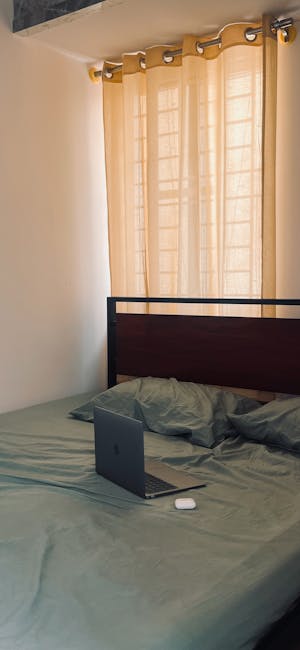
The Impact of Technology on Sleep
Blue Light and Its Effect on Melatonin Production
Blue light is like a sneaky thief, stealing your sleep without you even realizing it. It suppresses melatonin, which is why you might find yourself tossing and turning even after turning off your device.
If you’re curious about how to reduce blue light exposure, check out these strategies for reducing screen time before bed.
Psychological Stimulation from Screen Time
Ever felt wired after watching a thrilling show or scrolling through social media? That’s because screens keep your brain active when it should be winding down. The constant flow of information can make it hard to switch off mentally.
Increased Sleep Disruptions from Notifications
Even if you’re not actively using your phone, those late-night pings and vibrations can disrupt your sleep cycle. It’s like trying to nap in a room full of buzzing bees—impossible, right?

Creating a Tech-Free Sanctuary for Better Sleep
Removing Electronic Devices from the Bedroom
Start by making your bedroom a no-tech zone. Keep your phone, tablet, and laptop out of sight and out of mind. If you use your phone as an alarm, consider switching to a traditional alarm clock instead.
Setting Up a Comfortable and Relaxing Sleep Environment
Think of your bedroom as a cozy cocoon. Use soft lighting, comfortable bedding, and calming colors to create a space that invites relaxation.
Using “Do Not Disturb” Mode to Minimize Disruptions
If you can’t part with your phone entirely, at least put it on “Do Not Disturb” mode. This way, you won’t be tempted to check notifications in the middle of the night.
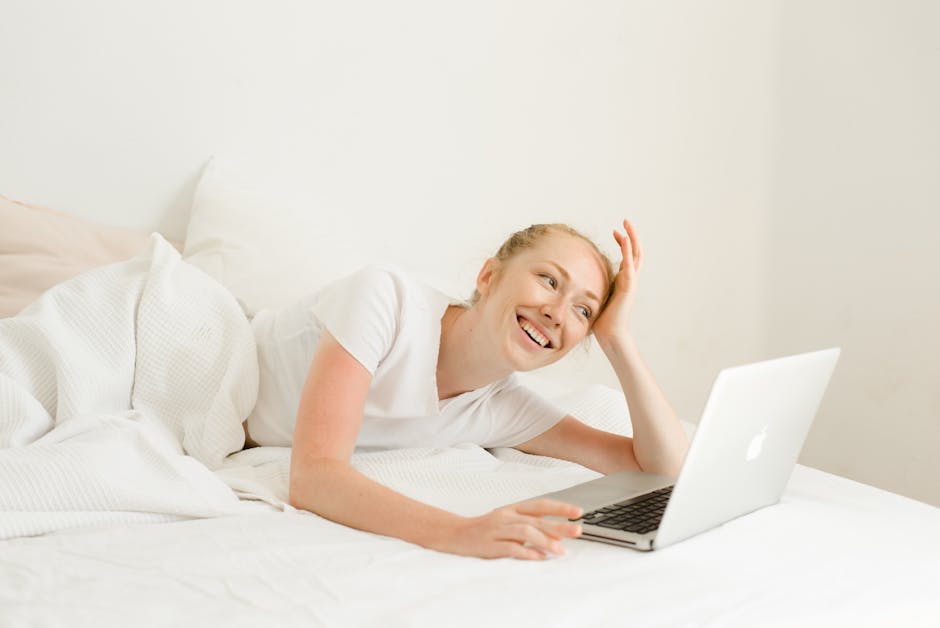
Establishing a Consistent Tech-Free Bedtime Routine
Setting a Regular Sleep Schedule
Consistency is key. Try to go to bed and wake up at the same time every day, even on weekends. This helps regulate your body’s internal clock.
Engaging in Relaxing Pre-Bedtime Activities
Instead of scrolling through your phone, try these calming activities:
Reading a Physical Book
There’s something magical about flipping through the pages of a good book. It’s a screen-free way to escape into another world and relax your mind.
Practicing Meditation or Deep Breathing
Meditation can help you let go of the day’s stress. If you’re new to it, check out these meditation techniques for better sleep.
Journaling or Reflecting on the Day
Writing down your thoughts or listing things you’re grateful for can help clear your mind and set a positive tone for sleep.
Avoiding Stimulating Activities Before Bed
Save the intense workouts and heated debates for earlier in the day. Your pre-bedtime routine should be all about relaxation.
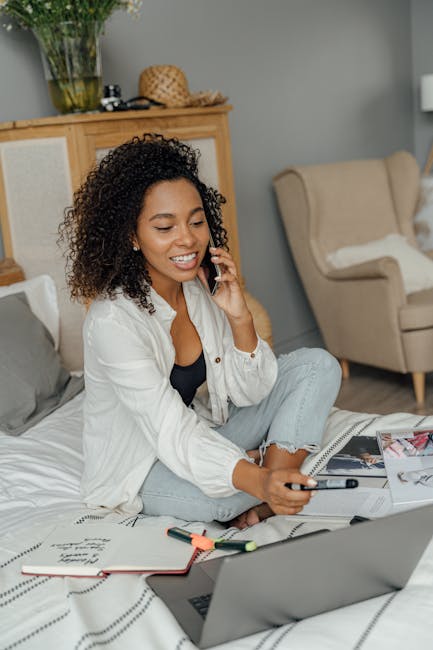
Tech-Free Bedtime Activities for Adults and Kids
Relaxation Techniques for Adults
Listening to Calming Music
Soft, soothing music can help you drift off to dreamland.
Stretching or Light Yoga
Gentle stretches or yoga poses can release tension and prepare your body for rest.
Encouraging Healthy Sleep Habits for Kids
Reading Bedtime Stories
Reading to your kids not only helps them relax but also strengthens your bond.
Creative Play or Drawing Before Bed
Encourage your little ones to wind down with quiet, screen-free activities like drawing or playing with puzzles.

Managing Screen Time and Blue Light Exposure
Limiting Screen Use in the Evening
Set a “screen curfew” an hour or two before bed. Use this time to unwind and prepare for sleep.
Using Blue Light Blocking Techniques
Wearing Blue Light-Blocking Glasses
These glasses can reduce the impact of blue light if you absolutely must use screens in the evening.
Adjusting Device Settings to Reduce Blue Light
Most devices have a “night mode” that reduces blue light. It’s not a perfect solution, but it’s better than nothing.
For more tips, check out these effective ways to manage screen time for better sleep.
Benefits of Replacing Screen Time with Alternative Activities
Enhanced Relaxation and Stress Reduction
Tech-free activities like reading or meditating can help you feel more at ease, making it easier to drift off.
Improved Sleep Quality and Duration
When your mind and body are truly relaxed, you’re more likely to enjoy deep, restorative sleep.
Strengthened Family Bonds Through Shared Activities
Spending tech-free time with loved ones can bring you closer together and create lasting memories.
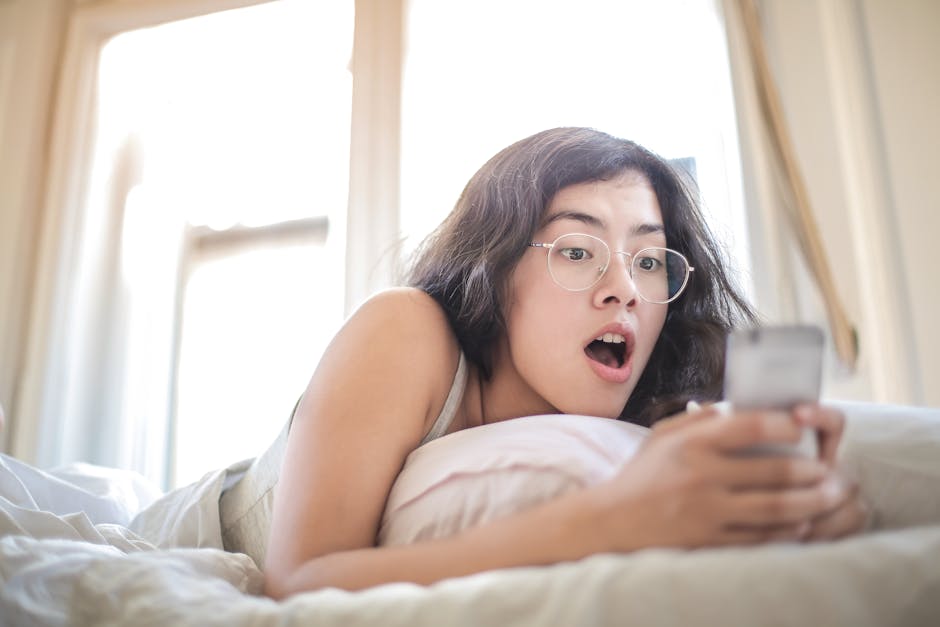
Conclusion
Recap of the Importance of a Tech-Free Bedtime Routine
A tech-free bedtime routine isn’t just about better sleep—it’s about reclaiming your evenings and prioritizing your well-being.
Encouragement to Implement Small Changes for Better Sleep
Start small. Maybe it’s reading a book instead of scrolling or setting a screen curfew. Every little change adds up.
Final Thoughts on Prioritizing Sleep and Well-Being
Your sleep is worth it. By creating a tech-free sanctuary and embracing calming activities, you’ll wake up feeling refreshed, recharged, and ready to take on the day. Sweet dreams!
For more tips on improving your sleep, check out how to get enough sleep or explore meditation for better sleep.
FAQ: How Can a Tech-Free Bedtime Routine Improve Your Sleep? Discover the Benefits!
Why is a tech-free bedtime routine important for better sleep?
A tech-free bedtime routine helps reduce exposure to blue light emitted by screens, which can suppress melatonin production and disrupt your natural sleep-wake cycle. It also allows your brain to unwind and prepare for restful sleep without the stimulation of digital devices.
How does blue light from screens affect sleep quality?
Blue light interferes with the production of melatonin, the hormone responsible for regulating sleep. Prolonged exposure to blue light before bed can trick your brain into thinking it’s daytime, making it harder to fall asleep and reducing overall sleep quality.
What are some effective tech-free activities to include in a bedtime routine?
Effective tech-free activities include reading a physical book, journaling, meditating, practicing gentle yoga, or engaging in calming hobbies like knitting or drawing. These activities promote relaxation and help signal to your body that it’s time to wind down.
How long before bedtime should I stop using electronic devices?
Experts recommend avoiding electronic devices at least 30 minutes to 1 hour before bedtime. This gives your brain enough time to transition into a more relaxed state, free from the stimulating effects of screens.
Can a tech-free bedtime routine help with insomnia?
Yes, a tech-free bedtime routine can help with insomnia by reducing mental stimulation and creating a calming environment conducive to sleep. It encourages the body’s natural sleep processes and can be an effective part of managing sleep difficulties.
What are the mental health benefits of a tech-free bedtime routine?
A tech-free bedtime routine can reduce stress, anxiety, and overstimulation caused by constant connectivity. It allows for mindfulness and self-reflection, promoting a sense of calm and improving overall mental well-being.
How can parents encourage children to adopt a tech-free bedtime routine?
Parents can set a positive example by following a tech-free routine themselves. Establishing consistent bedtime rituals, such as reading a story or engaging in quiet play, can make the transition easier and more enjoyable for children.
What are the physical health benefits of reducing screen time before bed?
Reducing screen time before bed can improve sleep quality, which is essential for physical health. Better sleep supports immune function, enhances cognitive performance, and reduces the risk of chronic conditions like obesity and heart disease.
Can listening to music or podcasts be part of a tech-free bedtime routine?
While music or podcasts can be relaxing, they typically require electronic devices. To keep your routine tech-free, consider using a traditional radio or pre-recorded audio on a device with no screen. Opt for calming content to promote relaxation.
How long does it take to notice improvements in sleep with a tech-free bedtime routine?
Many people notice improvements in sleep within a few days to a week of adopting a tech-free bedtime routine. Consistency is key, as it allows your body to adjust and establish healthier sleep patterns over time.
